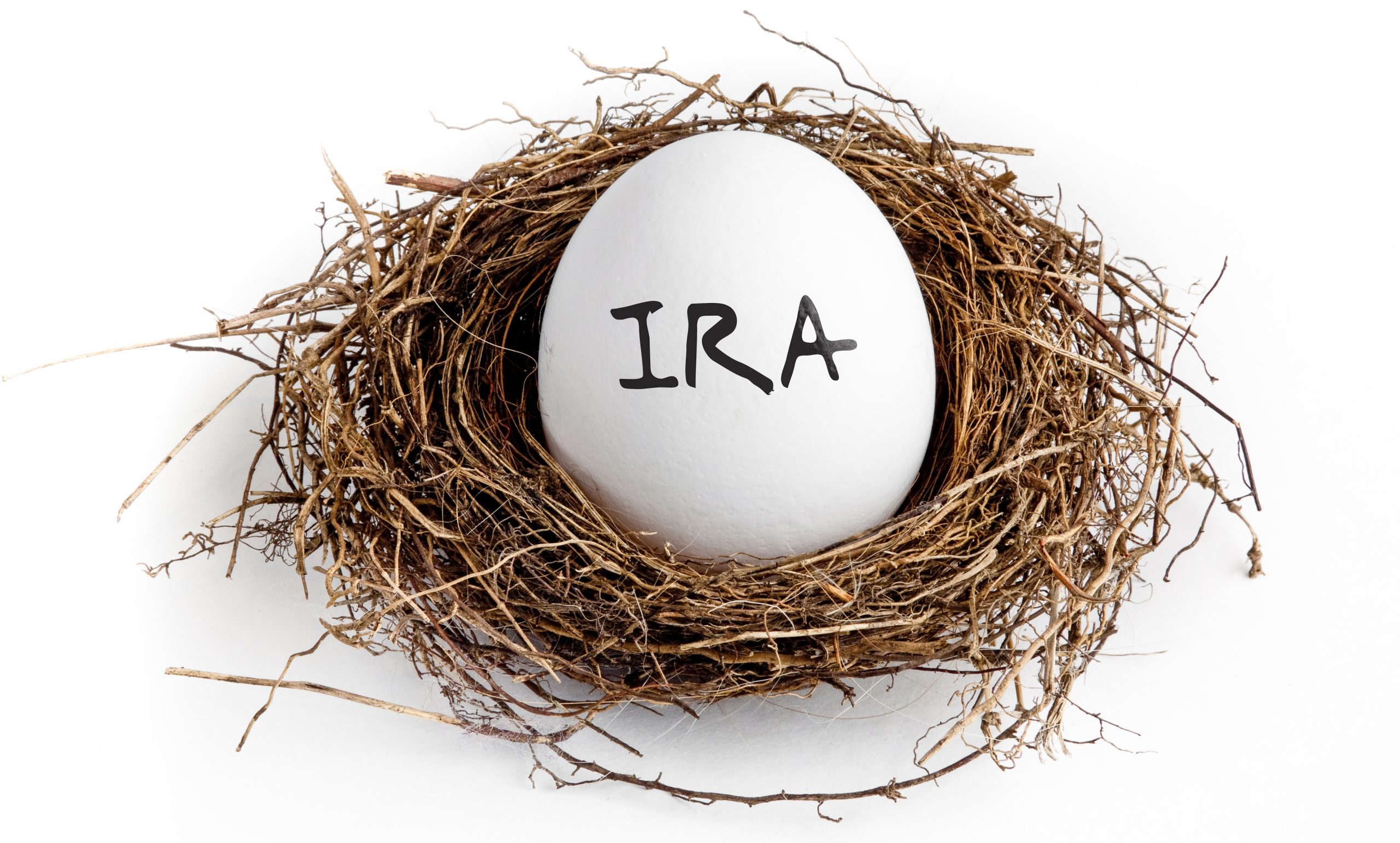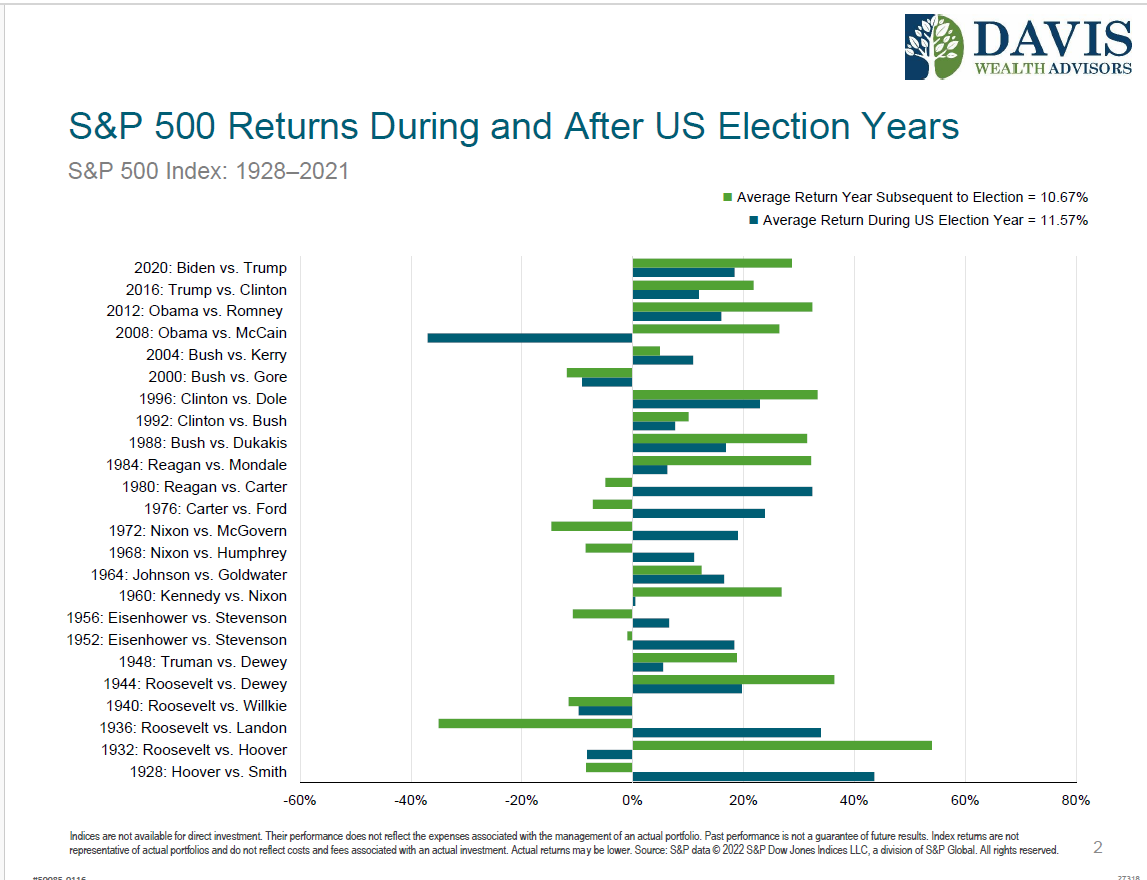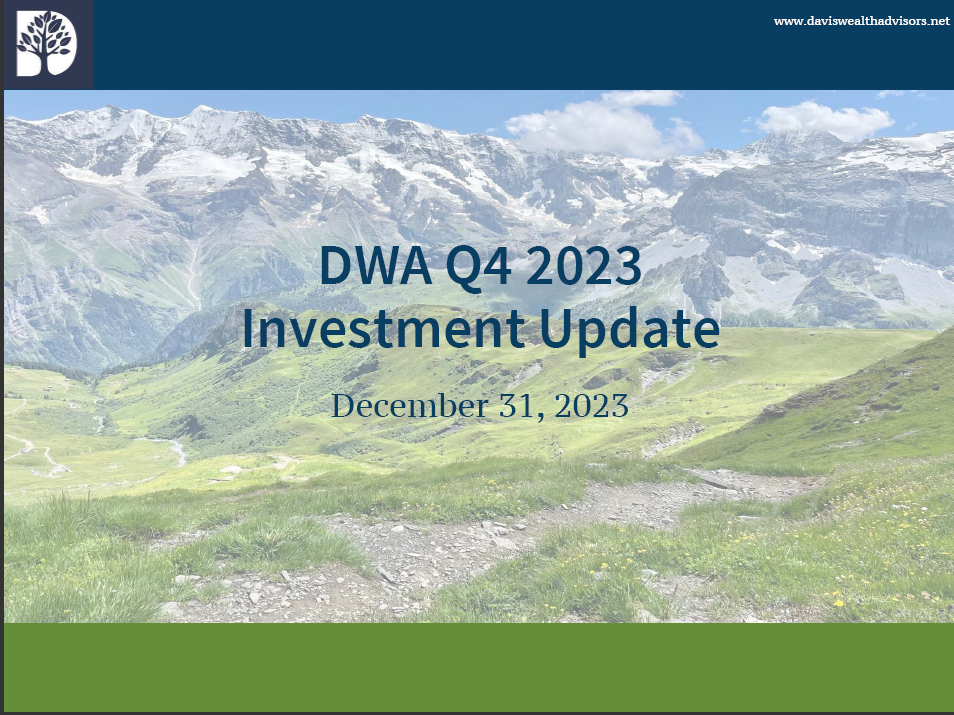Most of us realize how important questions are in our daily interactions—it seems we are continually either asking a question or responding to a question. But, what we are less aware of are the questions that we continually ask ourselves.
Our internal dialogue exists so automatically that we are barely aware it is happening. What develops are patterns of thinking that shape the way we view ourselves, view others in our lives, and view the world in which we live and work.
In her book Appreciative Living, Jacqueline Kelm explains that, although it is impossible to monitor every thought that runs through our brains, it is possible to become more aware of the question and answer habits that guide our lives. She wrote:
What we can do is realize these thought processes are going on, appreciate the value they provide, and make a point to ask questions in a more intentional way at appropriate times.
Kelm also believes that what we pay attention to grows. In other words, if we choose to study success, we will not only find it, but more success will be generated. Therefore, Kelm recommends the following:
It is important to ask about what we want more of, and not less. Our attention will create our experience, and if we focus on lack, we create more lack.
Lou Tice, creator of the Investment in Excellence program describes the same concept this way: “You move toward that which you think about.” In addition, Dan Sullivan, founder of Strategic Coach, Inc., has long promoted the power and value of “strategic questions.” For well over a decade, he has used one question in particular to foster clarity of vision and motivate positive change. In a meeting with his coaching clients, he asks:
If we were having this discussion three years from today, and you were looking back over those three years, what has to have happened in your life, both personally and professionally, for you to feel happy with your progress?
What Sullivan has discovered is that this is a question we can also ask ourselves to provide a framework for clarifying our priorities and simplifying our complex lives.





